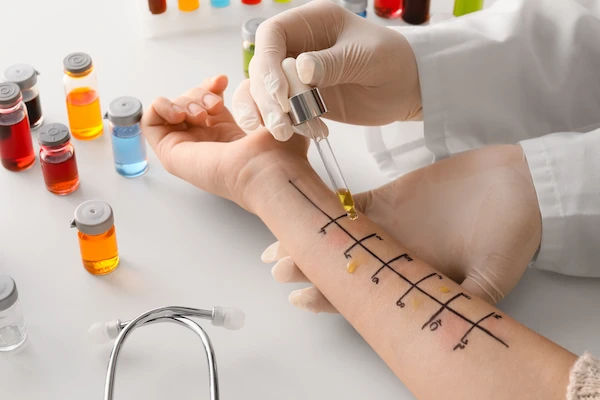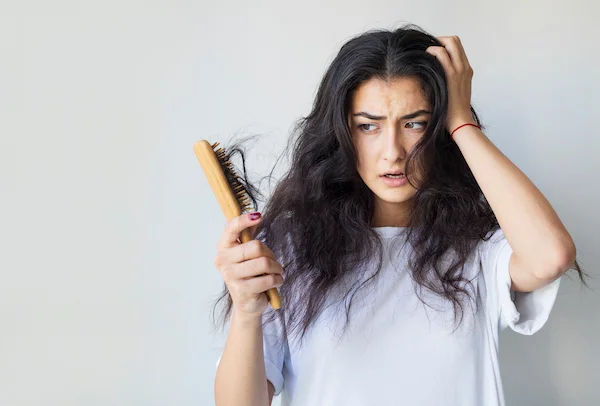- Male
- 23 Years
- 22/01/2025
I'm using BTex for my jock itch, but the itching just won't stop. Should I stick with it for a bit longer, or would it be better to get it checked out?
More Dermatology Health Queries
View allI've had a few boils on my lower abdomen and now that they've healed, the skin in that area has darkened. Do you have any recommendations for an over-the-counter cream or ointment that could help lighten these dark spots?
See a specialist for accurate diagnosis and targeted treatment.
read more![Doctor 1]()
![Doctor 2]()
Answered by 1 Apollo Doctors
I've been dealing with pimples on my penis, testicles, and the area around them for about a month. It's really uncomfortable and gets worse at night, which makes it hard for me to sleep or focus on my studies. Can you help me figure out what's going on and how to treat it?
That could be Fungal Infection and needs oral and topical antifungal medicines visit Dermatologist for the same and maintain Personal Hygiene .
read more![Doctor 1]()
![Doctor 2]()
Answered by 1 Apollo Doctors
I've been using Skinlite cream for about 6 months now and it's really changed my fairness. But I know it's not good to use it long-term. What can I do to keep my skin tone the same without continuing the Skinlite cream? Any cream recommendations would be really helpful! I'm a bit worried about my skin adjusting, so any advice would be appreciated.
Dermat opinion
read more![Doctor 1]()
![Doctor 2]()
Answered by 1 Apollo Doctors
Disclaimer: Answers on Apollo 247 are not intended to replace your doctor advice. Always seek help of a professional doctor in case of an medical emergency or ailment.





